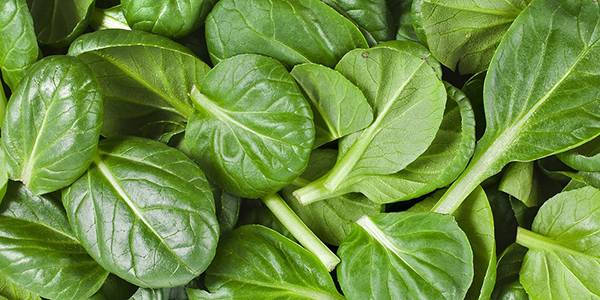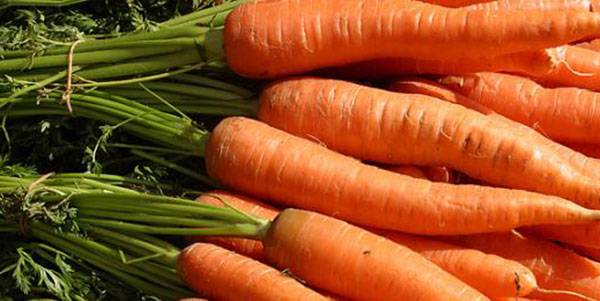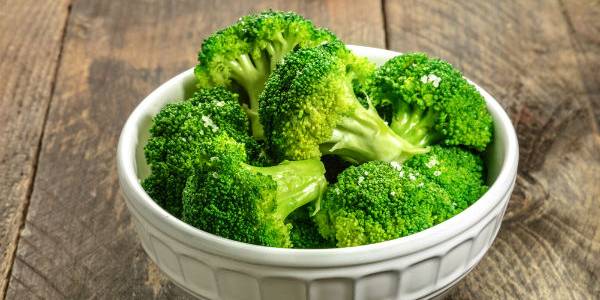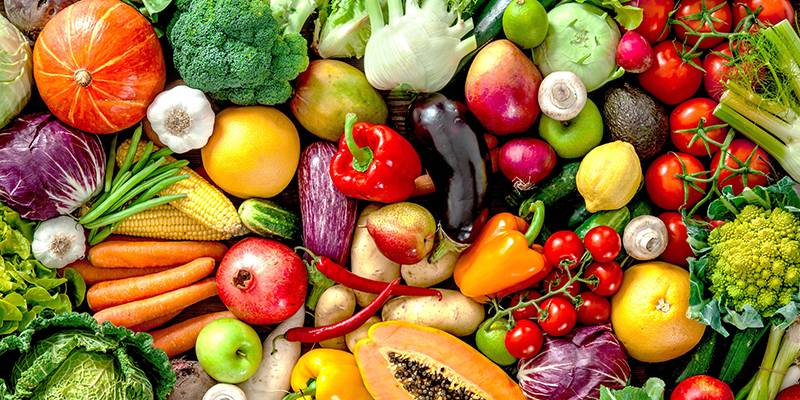Vegetables are well-known for being good for your health. Most vegetables are low in calories but high in vitamins, minerals and fiber. However, some vegetables stand out from the rest with additional proven health benefits, such as the ability to fight inflammation or reduce the risk of disease. This article takes a look at 14 of the healthiest vegetables and why you should include them in your diet.

Spinach
This leafy green tops the chart as one of the healthiest vegetables, thanks to its impressive nutrient profile. One cup (30 grams) of raw spinach provides 56% of your daily vitamin A needs plus your entire daily vitamin K requirement — all for just 7 calories. Spinach also boasts a great deal of antioxidants, which can help reduce the risk of chronic disease. One study found that dark green leafy vegetables like spinach are high in beta-carotene and lutein, two types of antioxidants that have been associated with a decreased risk of cancer. In addition, a 2015 study found that spinach consumption may be beneficial for heart health, as it may lower blood pressure.

Carrots
Carrots are packed with vitamin A, providing 428% of the daily recommended value in just one cup (128 grams). They contain beta-carotene, an antioxidant that gives carrots their vibrant orange color and could help in cancer prevention. In fact, one study revealed that for each serving of carrots per week, participants' risk of prostate cancer decreased by 5%. Another study showed that eating carrots may reduce the risk of lung cancer in smokers as well. Compared to those who ate carrots at least once a week, smokers who did not eat carrots had a three times greater risk of developing lung cancer. Carrots are also high in vitamin C, vitamin K and potassium.

Broccoli
Broccoli belongs to the cruciferous family of vegetables. It is rich in a sulfur-containing plant compound known as glucosinolate, as well as sulforaphane, a by-product of glucosinolate. Sulforaphane is significant in that it has been shown to have a protective effect against cancer. In one animal study, sulforaphane was able to reduce the size and number of breast cancer cells while also blocking tumor growth in mice. Eating broccoli may help prevent other types of chronic disease, too.
A 2010 animal study found that consuming broccoli sprouts could protect the heart from disease-causing oxidative stress by significantly lowering levels of oxidants.
In addition to its ability to prevent disease, broccoli is also loaded with nutrients. A cup (91 grams) of raw broccoli provides 116% of your daily vitamin K needs, 135% of the daily vitamin C requirement and a good amount of folate, manganese and potassium.
Posted By: MuscleRich
Source: Rachael Link, MS, RD for Healthline.com
Link to Source: https://www.healthline.com/nutrition/14-healthiest-vegetables-on-earth








